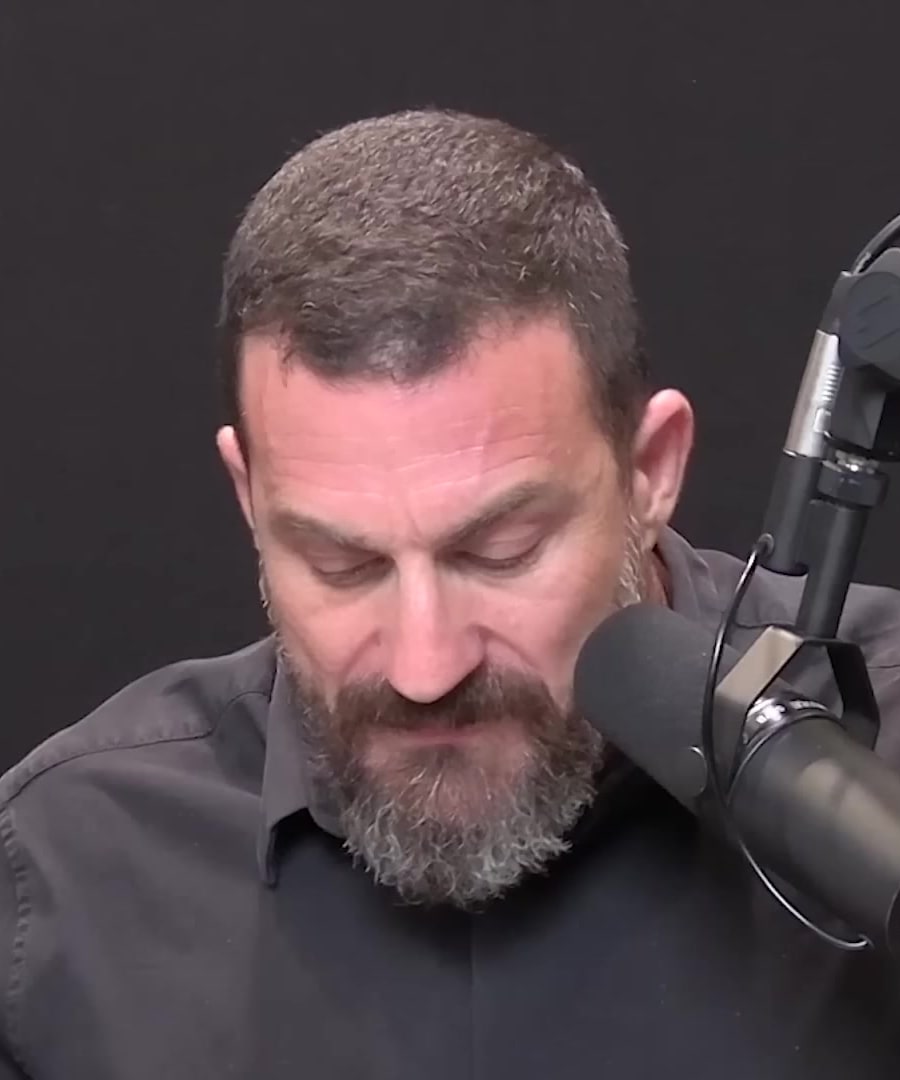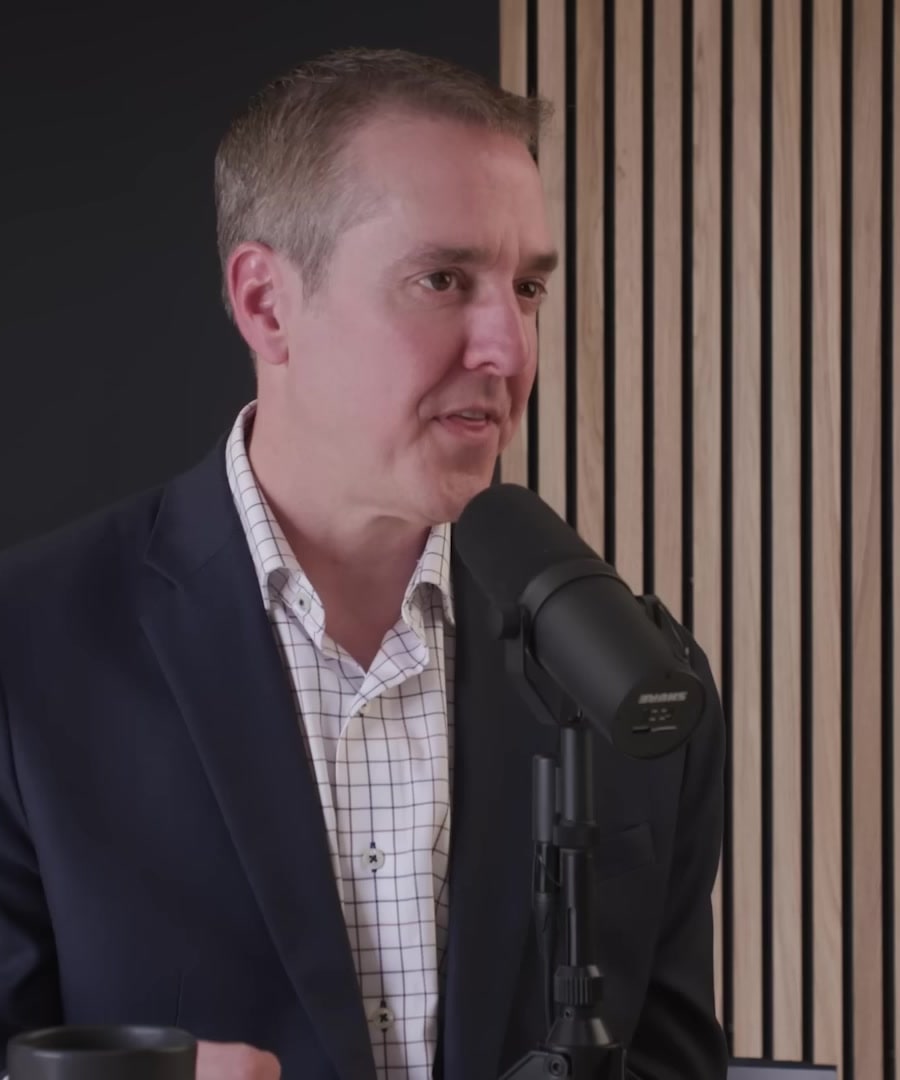negative effets of marijuana
Sources:
Cannabis use, especially when inhaled through smoking or vaping, has several negative health consequences on the lungs, endothelial cells of the body, cognitive capacity, risk of strokes, sexual function, and reproductive health. Smoking and vaping impair endothelial cells, linked to a variety of negative health outcomes, including decreased cognitive capacity and increased stroke risk 1.
Chronic cannabis use has been well-documented to have negative health effects, including increased anxiety levels, even in individuals using strains that reduce anxiety under the influence of the drug. Chronic use can also lead to psychosis in certain individuals, and depression can emerge as a consequence of cannabis and THC use, often in individuals that were not depressed initially 2.
The psychoactive effects of THC, the principal component of cannabis responsible for its effects on the brain, can impact patterns of speech. Over time, cannabis use can cause changes in tone and inflection in the user's voice 3. Chronic users of cannabis may experience an increase in anxiety and depression with repeated use, as the initial anxiety relief provided by cannabis can become less potent over time 4.
Chronic and heavy cannabis use, defined as more than twice per week, has been consistently associated with mental health disorders, such as psychosis, schizophrenia, and bipolar-like episodes. Early use of cannabis, particularly during adolescence and up to age 25, increases the risk of developing these disorders, with higher THC concentrations further elevating the risk 5.
Moreover, THC impairs the function of mitochondria in the brain, causing premature aging and memory impairment. Although it can help some people relax, chronic use can harm overall mental and metabolic health. Additionally, high concentrations of THC in various cannabis products can be problematic, especially for adolescents, predisposing them to psychosis and brain atrophy 6.
Finally, the effect of cannabis on testosterone is still uncertain, with some studies showing a decrease in testosterone levels when cannabis is consumed, particularly chronically, more than twice a week. Cannabis smoking can increase prolactin, which will reduce dopamine and testosterone, in men and women. Smoking marijuana chronically appears to reduce testosterone significantly and elevate aromatase enzymes, which convert testosterone into estrogen 7.
RELATED QUESTIONS
negative effets of marijuana
- RELATED QUESTIONS






